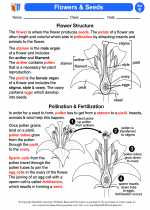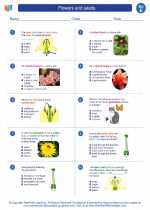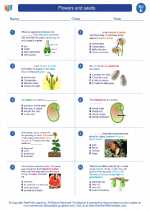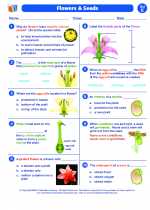Flowers and seeds -> lysosomes
Lysosomes
Lysosomes are membrane-bound organelles found in the cytoplasm of eukaryotic cells. They are known as the "garbage disposal" or "recycling center" of the cell due to their role in breaking down and recycling cellular waste materials.
Structure of Lysosomes
Lysosomes are spherical vesicles that contain hydrolytic enzymes. These enzymes are responsible for breaking down various macromolecules such as proteins, lipids, carbohydrates, and nucleic acids.
Functions of Lysosomes
1. Digestion: Lysosomes fuse with incoming food vacuoles to digest the nutrients and release them into the cytoplasm for energy production and other cellular processes.
2. Waste disposal: Lysosomes break down and dispose of cellular waste materials, damaged organelles, and foreign substances through a process called autophagy.
3. Cell renewal: Lysosomes play a key role in the renewal and recycling of cellular components through autophagy and the removal of old or damaged organelles.
Study Guide
- What are the main functions of lysosomes in a cell?
- Describe the structure of lysosomes and the components they contain.
- Explain the process of autophagy and how lysosomes are involved.
- How do lysosomes contribute to the digestion of nutrients in a cell?
- Discuss the significance of lysosomes in maintaining cellular health and homeostasis.
These questions will help you understand the structure and functions of lysosomes in a cell. It's important to grasp the essential role that lysosomes play in maintaining the overall health and functionality of a cell.
Remember to review the material and seek clarification on any points that are unclear. Understanding lysosomes is crucial for comprehending the complex processes that occur within a cell.
.◂Science Worksheets and Study Guides Fifth Grade. Flowers and seeds

 Activity Lesson
Activity Lesson
 Worksheet/Answer key
Worksheet/Answer key
 Worksheet/Answer key
Worksheet/Answer key
 Worksheet/Answer key
Worksheet/Answer key
 Worksheet/Answer key
Worksheet/Answer key
 Vocabulary/Answer key
Vocabulary/Answer key
 Vocabulary/Answer key
Vocabulary/Answer key
